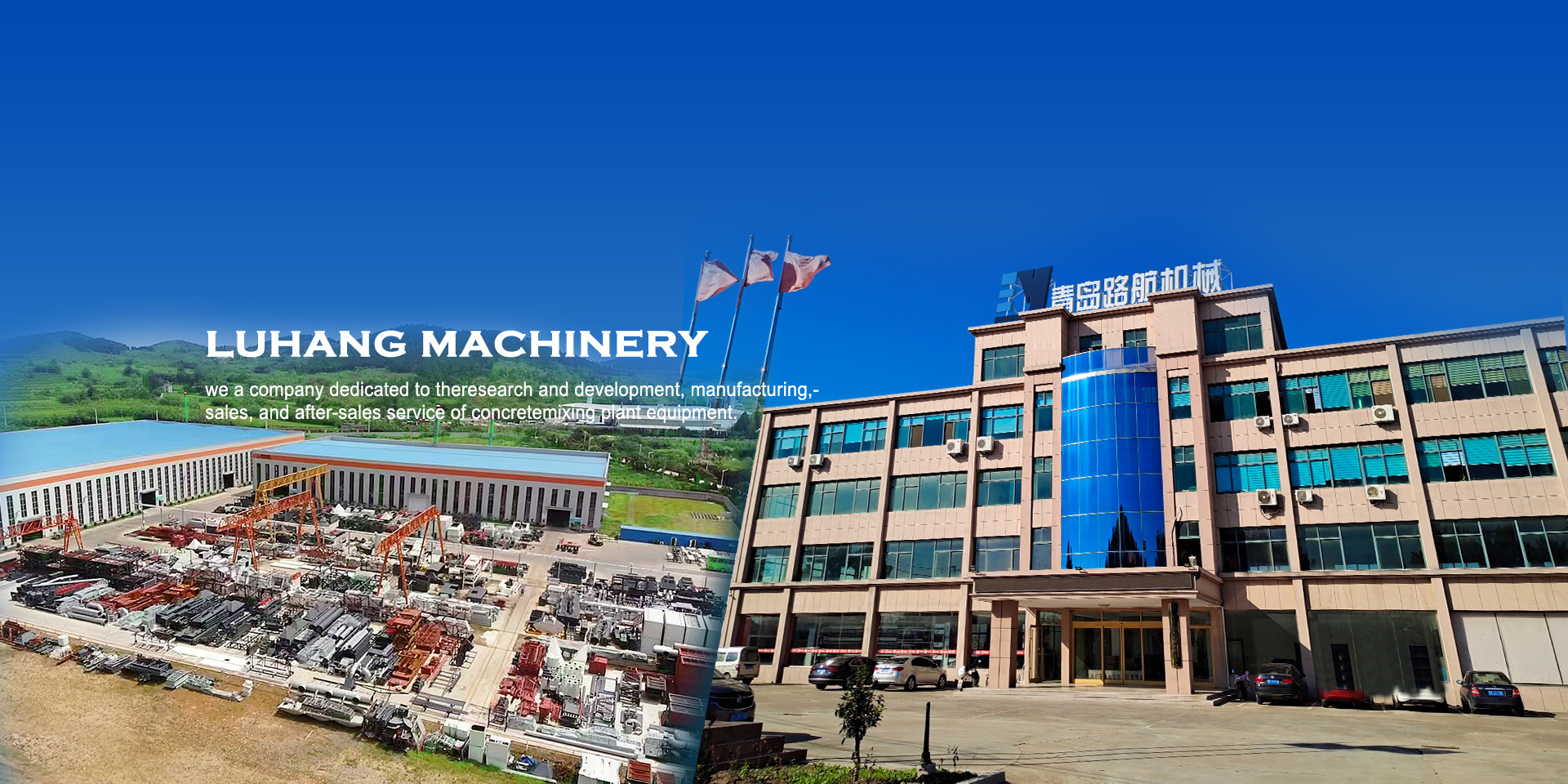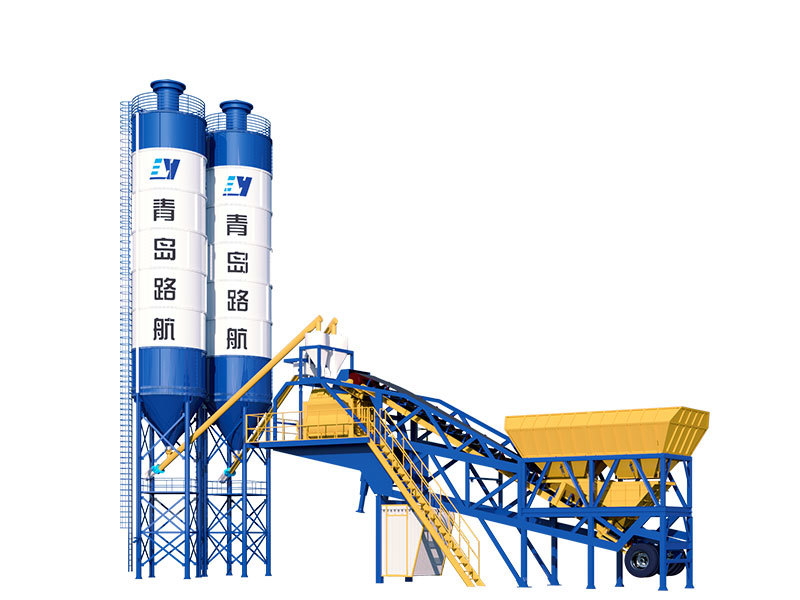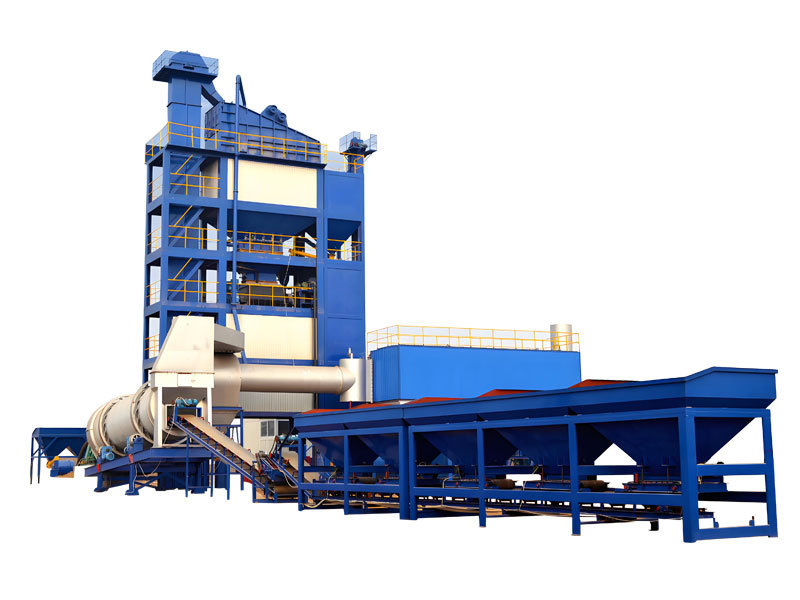Lorry Mounted Concrete Pumps vs. Traditional Concrete Pumps: A Comprehensive Comparison
Release time:
Jun 06,2025
Lorry Mounted Concrete Pumps vs. Traditional Concrete Pumps: A Comprehensive Comparison Table of Contents 1. Introduction to Concrete Pumping Systems 2. Understanding Concrete Pumps 2.1 Traditional Concrete Pumps 2.2 Lorry Mounted Concrete Pumps 3. Key Differences Between Lorry Mounted and Traditional Concrete Pumps

Lorry Mounted Concrete Pumps vs. Traditional Concrete Pumps: A Comprehensive Comparison
Table of Contents
- 1. Introduction to Concrete Pumping Systems
- 2. Understanding Concrete Pumps
- 3. Key Differences Between Lorry Mounted and Traditional Concrete Pumps
- 3.1 Mobility and Accessibility
- 3.2 Efficiency and Speed
- 3.3 Cost-Effectiveness
- 3.4 Versatility in Usage
- 4. Operational Considerations for Each Type
- 5. Environmental Impact and Sustainability
- 6. Safety Standards and Regulations
- 7. Case Studies: Real-World Applications
- 8. Frequently Asked Questions
- 9. Conclusion
1. Introduction to Concrete Pumping Systems
In the realm of construction, the importance of effective concrete delivery cannot be overstated. The choice of concrete pump can significantly impact project efficiency, labor costs, and overall success. Among the various options available, **lorry mounted concrete pumps** and **traditional concrete pumps** stand out. Understanding their differences can empower contractors to make informed decisions tailored to their specific needs.
2. Understanding Concrete Pumps
Concrete pumps are essential for transporting concrete from mixers to construction sites. They facilitate the pouring of concrete into forms and structures, allowing for quick and efficient construction processes.
2.1 Traditional Concrete Pumps
Traditional concrete pumps typically consist of a truck-mounted system that includes a long boom arm. These pumps are designed for stationary use, where concrete is delivered to a specific point. They are often seen in larger construction projects, such as commercial buildings and infrastructure.
2.2 Lorry Mounted Concrete Pumps
On the other hand, **lorry mounted concrete pumps** combine the functions of a concrete pump and a delivery vehicle. This configuration provides enhanced mobility, allowing operators to access sites and pour concrete in various locations without the need for additional equipment.
3. Key Differences Between Lorry Mounted and Traditional Concrete Pumps
Understanding the distinctions between these two types of concrete pumps is crucial for selecting the right equipment for your project.
3.1 Mobility and Accessibility
One of the most significant advantages of lorry mounted concrete pumps is their **mobility**. These pumps can maneuver easily around job sites, reaching areas that traditional concrete pumps might struggle to access. This is particularly beneficial in urban environments with tight spaces or complicated layouts. In contrast, traditional concrete pumps are typically stationary, limiting their reach and requiring additional equipment for mobility.
3.2 Efficiency and Speed
Efficiency is a crucial factor in any construction project. Lorry mounted concrete pumps often outperform traditional systems in terms of speed. They can deliver concrete rapidly due to their integrated design, which eliminates the need for separate delivery trucks. This not only speeds up the pouring process but also minimizes delays related to equipment movement. Traditional pumps, while effective, may require more time to set up and operate, particularly in complex environments.
3.3 Cost-Effectiveness
When considering overall project costs, lorry mounted concrete pumps can provide a more cost-effective solution. Their ability to combine multiple functions reduces the need for additional vehicles and equipment, which can lead to lower operational costs. Traditional concrete pumps, while often less expensive initially, may incur higher transport and setup costs, making them less favorable in certain scenarios.
3.4 Versatility in Usage
Lorry mounted concrete pumps offer greater versatility in usage. They can handle various types of concrete mixes and pouring techniques, catering to a wider range of projects. Traditional pumps, while effective, are often limited to specific types of concrete and may require adjustments or modifications for different applications.
4. Operational Considerations for Each Type
The operational aspects of lorry mounted versus traditional concrete pumps can influence their effectiveness in different scenarios. Factors such as operator training, maintenance requirements, and equipment reliability play a significant role in determining which type of pump is best suited for your project.
5. Environmental Impact and Sustainability
In today's construction landscape, sustainability is a growing concern. Lorry mounted concrete pumps often utilize advanced technologies that minimize waste and energy consumption. Their efficient design can reduce the carbon footprint associated with concrete delivery. Traditional concrete pumps, while effective, may not offer the same level of environmental benefits.
6. Safety Standards and Regulations
Safety is paramount in construction. Both lorry mounted and traditional concrete pumps must adhere to stringent safety standards and regulations. Understanding these requirements is essential for ensuring the safety of workers and the integrity of the structures being built.
7. Case Studies: Real-World Applications
Examining real-world applications of each type of concrete pump can provide insights into their effectiveness. Projects that utilized lorry mounted concrete pumps, for example, demonstrated enhanced mobility and efficiency in urban settings, while traditional pumps showed their strengths in large-scale industrial applications.
8. Frequently Asked Questions
1. What are the main advantages of lorry mounted concrete pumps?
**Lorry mounted concrete pumps** offer superior mobility, speed, versatility, and cost-effectiveness. Their design allows for quick setup and access to challenging sites.
2. Can traditional concrete pumps be used for smaller projects?
Yes, traditional concrete pumps can be effective for smaller projects, but their stationary nature may limit access and efficiency compared to lorry mounted options.
3. Are there specific maintenance requirements for lorry mounted concrete pumps?
Regular maintenance is essential for both types of pumps. Lorry mounted pumps require inspections of the hydraulic systems and boom mechanisms to ensure safe and reliable operation.
4. What factors should be considered when choosing between these two types of pumps?
Project size, site accessibility, budget constraints, and the specific concrete mix required are all critical factors to consider.
5. How do environmental impacts differ between the two pump types?
Lorry mounted concrete pumps generally have a lower environmental impact due to their efficiency and advanced technology, while traditional pumps may not be as sustainable in their operations.
9. Conclusion
In conclusion, the comparison between **lorry mounted concrete pumps** and **traditional concrete pumps** reveals significant differences that can influence your construction projects. By understanding the advantages and potential drawbacks of each system, contractors can make informed decisions that enhance project efficiency and cost-effectiveness. The modern construction landscape demands flexibility and adaptability, making lorry mounted concrete pumps a compelling choice for many applications. As the industry evolves, staying informed about the latest equipment and technologies will ensure that your projects are completed successfully and sustainably.
Key words:




